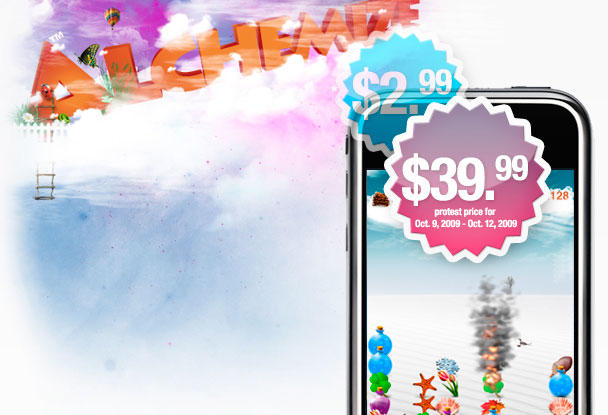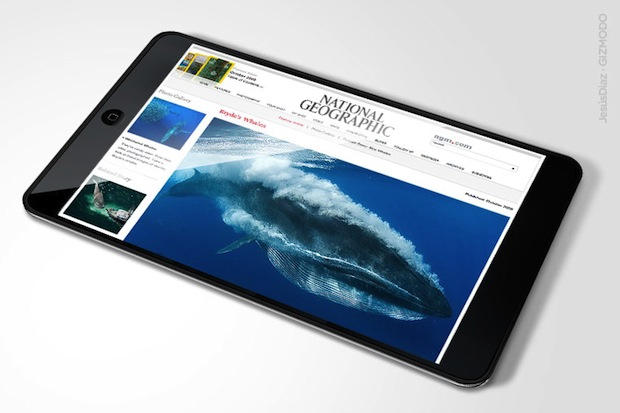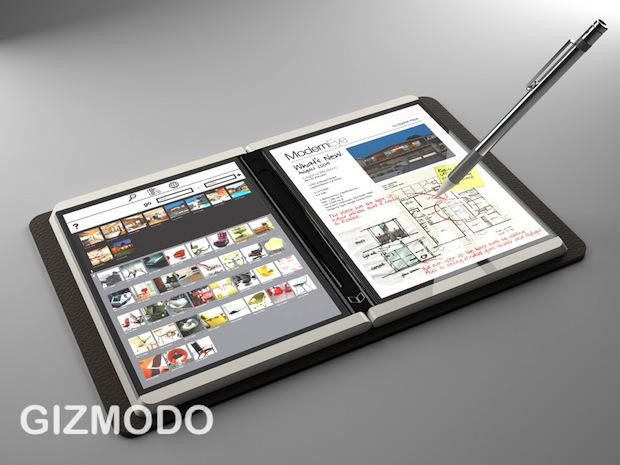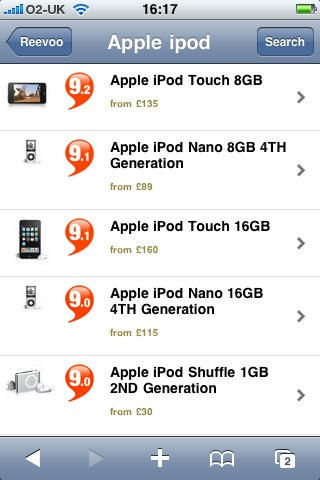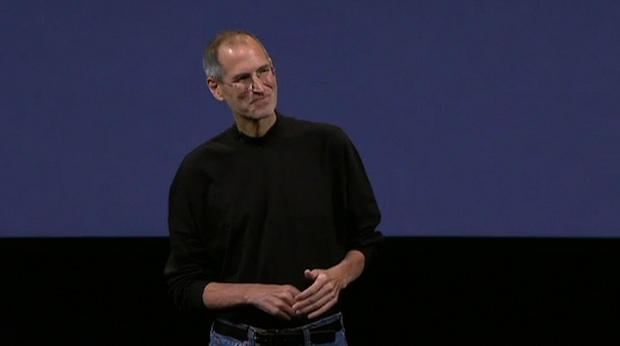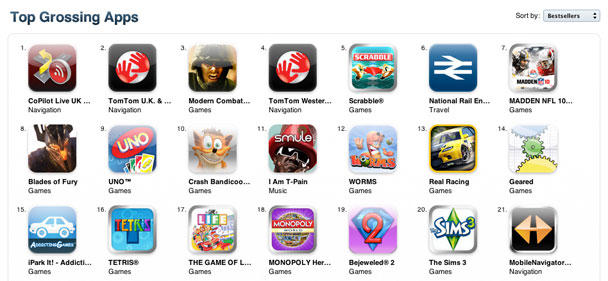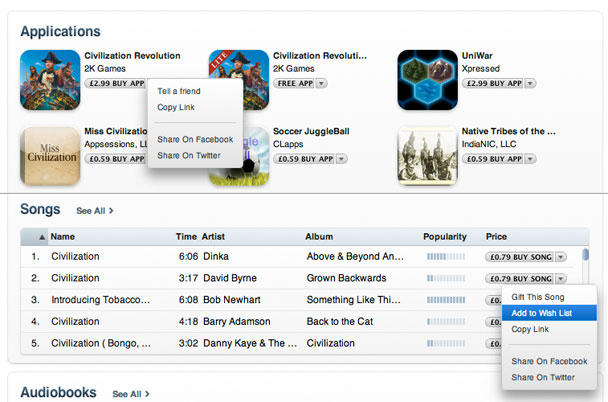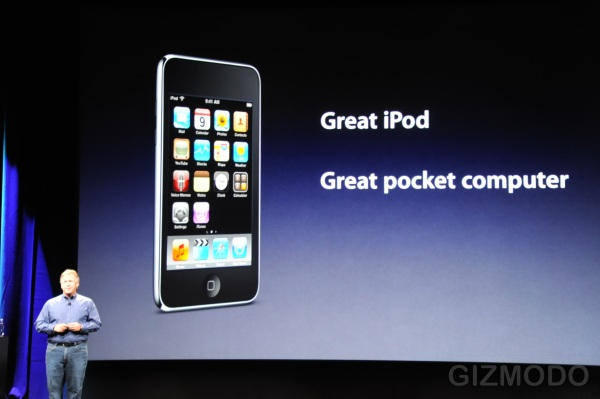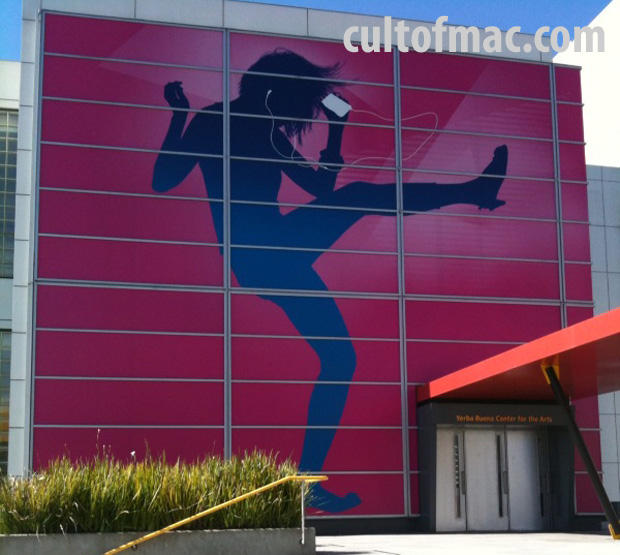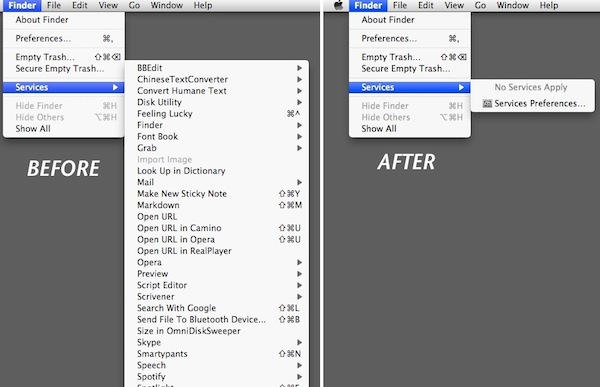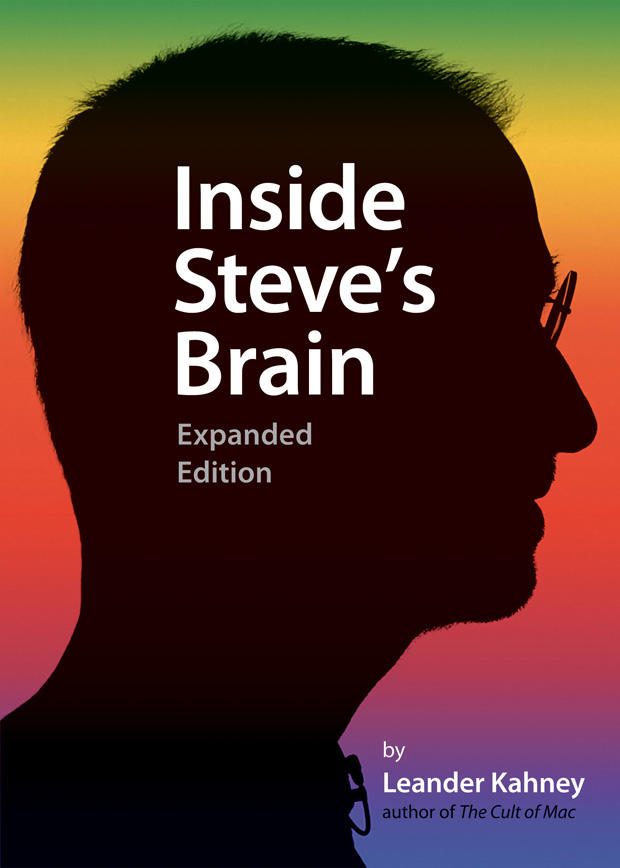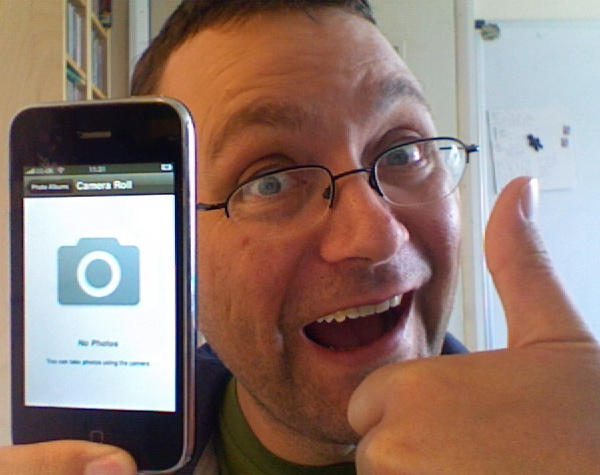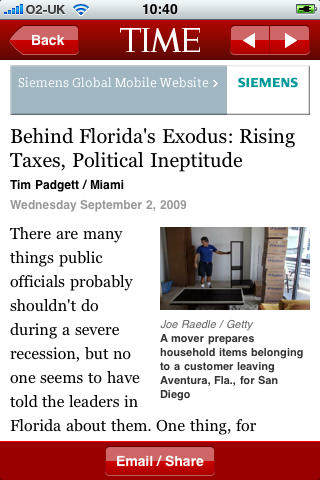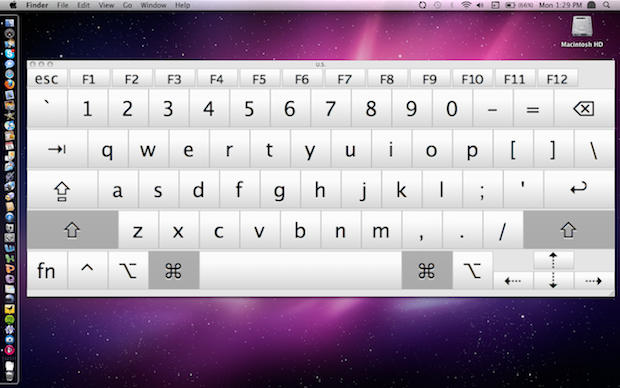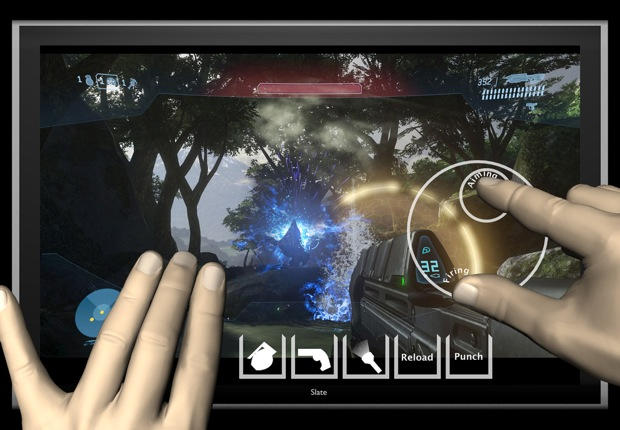On my blog a couple of weeks back, I wrote the article More proof the iPhone App Store destroys people’s understanding of good value, highlighting rampant idiotic reactions to Loren Brichter having the audacity to charge three whole dollars for a complete rewrite of his stunning Twitter app Tweetie. Patrick Jordan referred to Tweetie 2’s price-point as a “very,very,very Bad Call,” (his emphasis), suggesting it was “spitting in the face of existing Tweetie users”. My thinking: You’d pay more than three bucks for a crappy sandwich or a luke-warm beer in the pub. But, apparently, three bucks is too much of a ‘reward’ for the hard work a dedicated indie dev has put into a leading and brilliant product.
The dev of Alchemize has clearly had enough of this kind of attitude. On the TouchArcade forum, he reveals that his company has received an astonishing 3400 emails in one month moaning about the price of his three-dollar game. Although its Puyo Puyo-style mechanics won’t win too many awards for originality, Alchemize is a fairly good game, and one that would set you back considerably more on competing platforms. To that end, the dev’s now upped his app’s price to an eye-watering $39.99 in protest at people constantly complaining about paying a few bucks for a videogame.
It’s pretty clear that something needs to be done regarding App Store pricing and value perception, because the race to the bottom is hurting many developers. Apple’s recent ‘top grossing’ chart doesn’t really help. Personally, I like Eucalyptus dev Jamie Montgomerie’s suggestion that the App Store should split its chart in two, along the lines of British 8-bit videogames during the 1980s and early 1990s, offering separate ‘budget’ and ‘full price’ charts.
Alchemize is available on the App Store, and really isn’t worth 40 bucks; but it’s probably worth a shot at three, after the 12th.
